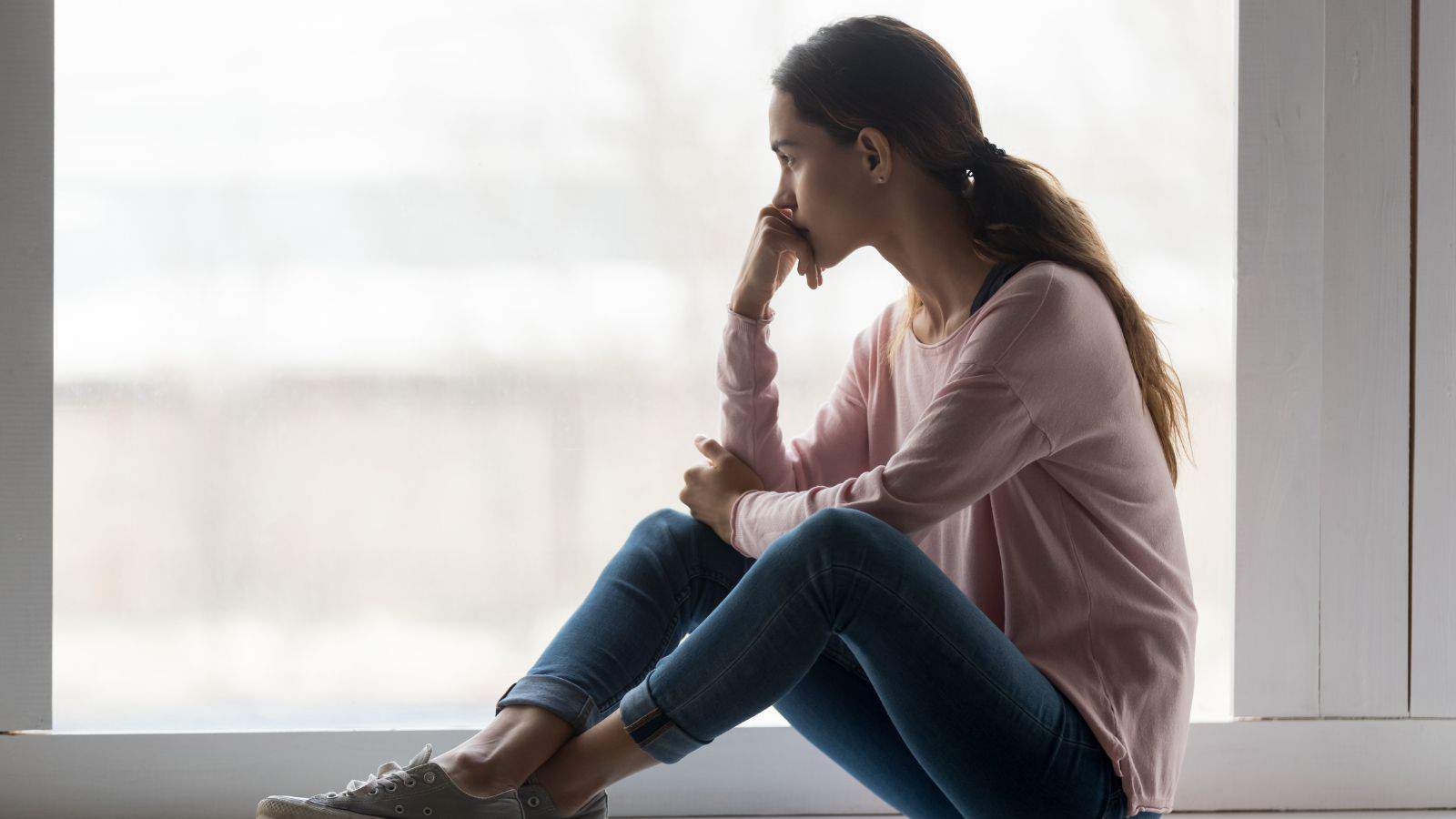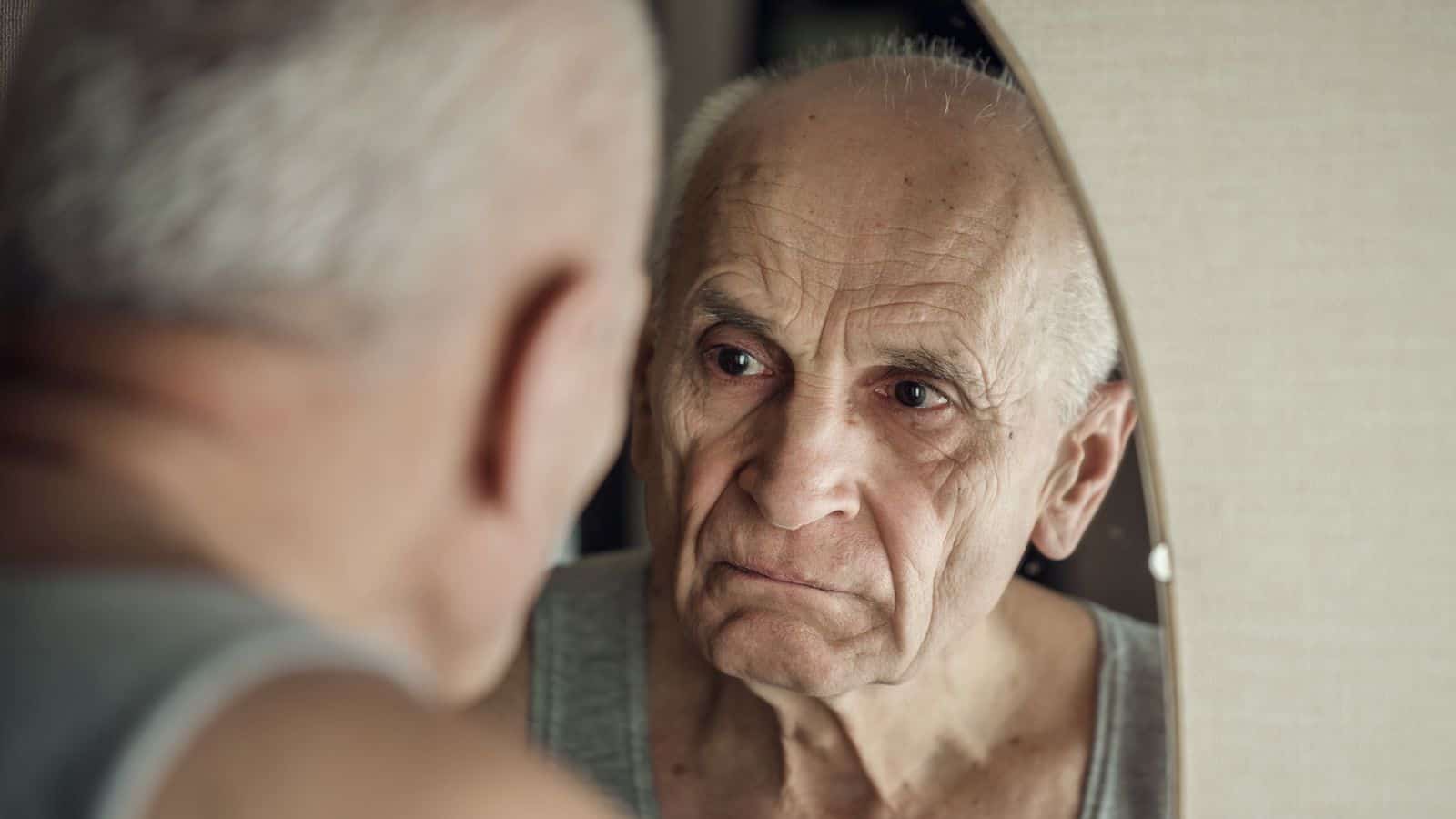Many children grow up in abusive or neglectful homes, and unfortunately, this is not something that they are able to escape without suffering some emotional trauma. Here are 17 unfortunate traits that people who have had unhappy childhoods usually develop.
Reacting sensitively to criticism

Underlying feelings of inadequacy can motivate defensive reactions to criticism, as feedback can be perceived as a personal attack. This sensitivity is often the result of a childhood filled with criticism and a lack of support and can be difficult to work through as an adult.
Not trusting anybody

People who have had unhappy childhoods will often build walls around themselves to avoid vulnerability. This can make it difficult to form bonds and trust those around us, as PsychCentral notes. They will have an inbuilt distrust of others’ motives, just waiting to be betrayed or hurt based on their past experiences.
The need to be perfect

An unhappy childhood can lead a person to set exceptionally high standards to gain acceptance or avoid criticism. Achievements may be viewed as a way to earn love and approval, and a fear of failure can spur them to achieve whatever they can, even at the cost of personal well-being.
Emotionally detached

Following an unhappy childhood, someone may guard their feelings and limit emotional expression. This is a form of self-protection. Developing emotional bonds, even with close friends or lovers, can be difficult. This kind of detachment is an unconscious strategy to avoid experiencing any more unhappiness.
Suffering from debilitating anxiety

Chronic anxiety can be caused by the unstable circumstances of a person’s early life. Mayo Clinic says that strong feelings of anxiety and panic can interfere with daily activities, are difficult to control, and are out of proportion to the actual danger. A sufferer might avoid places or situations to avoid feeling anxious.
Self-esteem issues

An unhappy childhood can leave a person haunted by a deep-seated sense of inadequacy and a lack of self-esteem. This leads to persistent feelings of self-doubt and worthlessness, making it difficult to enjoy accomplishments or to feel any sense of pride in oneself.
A fear of rejection

Fear of rejection or abandonment can also stem from an unhappy childhood. A person may overanalyze their adult relationships with others, searching for an indication of impending abandonment. The fear of being rejected or abandoned can even lead them to cling to toxic relationships.
Difficulty expressing their needs

If a person’s needs were ignored during childhood, they may be reluctant to express them in later life for fear that they still won’t be heard. These people may struggle to assert themselves in adult relationships and will generally choose to suffer in silence rather than express their needs or concerns.
Living in another world

An unhappy child may daydream or depend on fictional worlds as a way to escape from real life. They’ll usually maintain their reliance on these means of escape as they grow older. VerywellHealth explains that escapism is a survival tool for the mind, which has evolved to cope with traumatic situations or memories.
A fear of confrontation

An unhappy childhood can cause someone to avoid conflicts, which may sound positive. However, confrontation is sometimes necessary in a relationship, so this can cause resentment to build. The fear of rejection or abandonment over a simple disagreement makes it difficult to voice opinions or defend oneself.
A negative outlook on life

A pessimistic nature can be the result of an unhappy upbringing. One may have trouble seizing opportunities because they already have a negative outlook on them. This may stem from early disappointments, and having a tendency to be skeptical keeps one from being disappointed in the future.
Becoming overly self-reliant

Everyone wants to be independent, but being overly dependent on oneself can be negative, stemming from having unreliable or nonexistent parental guidance. A person who suffered an unhappy childhood may have a hard time asking for help and will instead take pride in independence while secretly longing to make connections.
Getting stuck in a cycle of toxic relationships

People who have had unhappy childhoods will often subconsciously gravitate towards relationships that mirror the unhealthy relationships that they had in their youth. They find it difficult to break free from these patterns and usually don’t realize that the relationships are not healthy, as they have never known anything else.
Not happy being happy

Another result of an unhappy childhood is the feeling that one is undeserving of happiness or that the happiness will be short-lived. Someone may find it difficult to accept compliments and feel guilty if things are going well for them and not for others.
Being submissive and aggressive

After an unhappy childhood, a person may struggle to find a balanced and healthy way to relate to others. They may alternate between aggression as a form of defense and self-preservation and submission as a way to avoid conflict and rejection.
Emotional masking

Emotional masking is a common trait in people with childhood trauma, who may develop a facade that they can show the world, hiding their true selves behind it. Everyone masks to some extent, but HealthLine reminds us that making this a habit can be detrimental to our mental health.
Strength and empathy

Finally, here’s a positive trait coming from people who had unhappy childhoods: their strength and empathy. Because of their experiences of suffering, they will often develop a heightened sense of empathy for others. They will also have an inner strength and resilience that comes from surviving the challenges of their youth.
Up Next: 19 Completely False Things About America That Foreigners Think Are True

The U.S. is arguably the most famous country in the world, and people from far-off places often know our flag and president’s name! However, a lot of media coverage and exported movies mean plenty of opportunities for misunderstanding and stereotyping. Here are 19 false assumptions non-Americans often make about ‘the land of the free!’
19 Completely False Things About America That Foreigners Think Are True
20 Loyal Dog Breeds That Will Never Leave Your Side

Since early humans first fed a wolf around a campfire, dogs have been our constant companions and are renowned for making strong bonds with their owners. But which specific types of dogs make the most loyal and devoted pets? This article describes the 20 most unwaveringly loyal canine breeds and the characteristics that make them the ultimate ‘ride or die’ pets!
20 Loyal Dog Breeds That Will Never Leave Your Side
18 Reasons Older Men Say ‘Nope’ To Relationships

Older men embrace being alone and generally prefer spending time in solitude. They’ve had a full, so don’t criticize them for being less social! The following 18 reasons explain why older men prefer to be alone and are redefining how they experience their retirement years.
